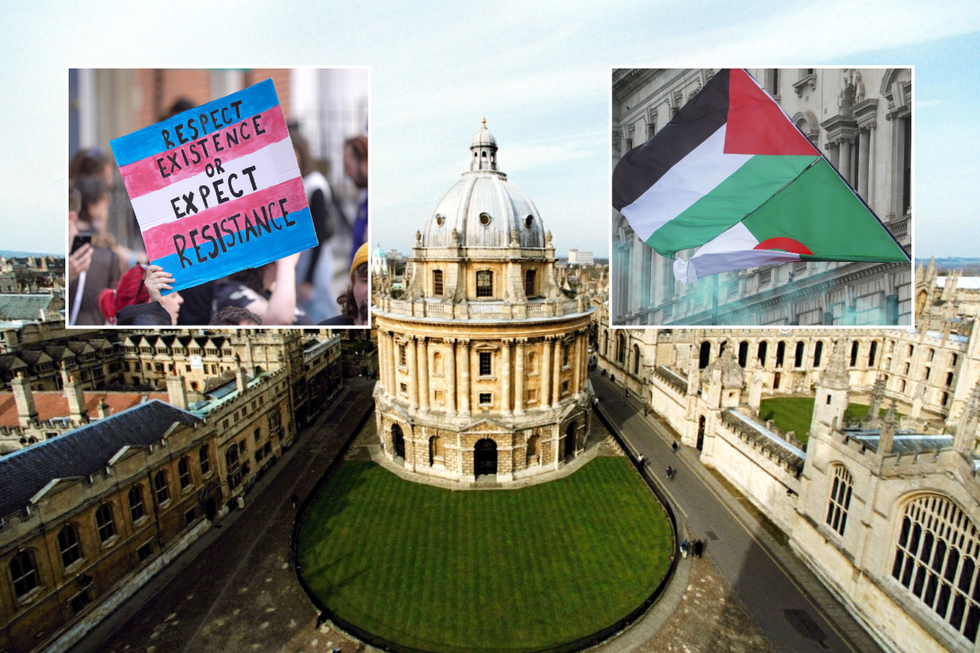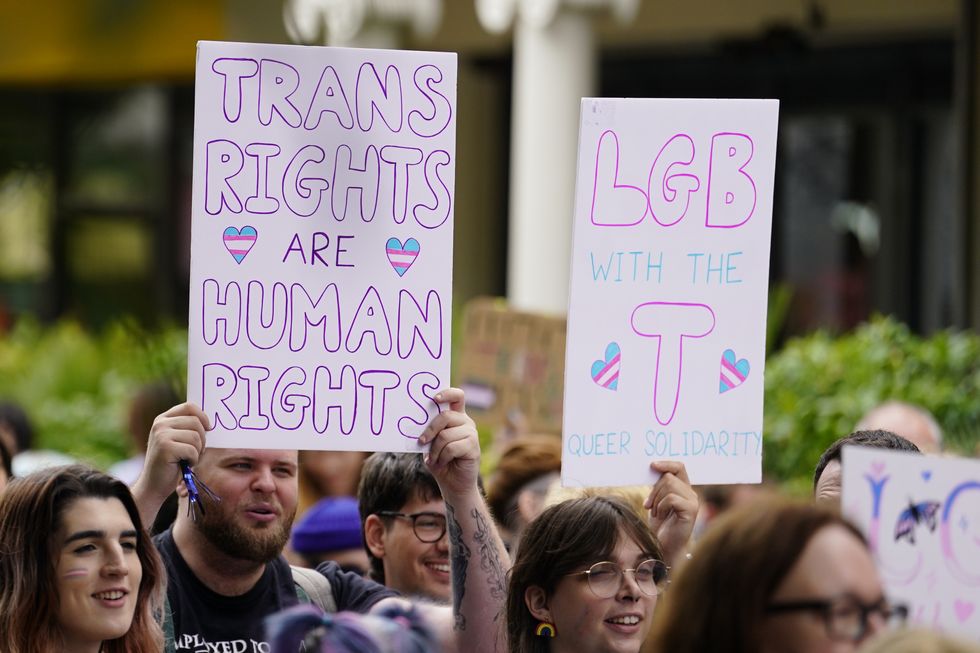‘They always find offence!’ Academics forced to ‘self-censor’ on Hamas and trans debate as students ‘dictate’ lectures
A staggering 77 per cent of university staff believe academic freedom has become more restricted on campus over the past decade, according to a major new survey.
The global poll, conducted by Times Higher Education, revealed particularly strong concerns in the United States, where 83 per cent of academics reported diminishing free speech.
British universities showed similar trends, with 80 per cent of UK-based staff reporting increased limitations on academic freedom.
The findings were especially pronounced in disciplines such as psychology and clinical health, where contentious debates around gender and social issues are common.

Students are increasingly dictating lecture content, with academics reporting they must carefully manage what they say in classrooms.
“Student consumers now increasingly dictate what they want to hear in lectures and seminars,” reported one academic.
A British legal academic admitted he now teaches “with as little personality as possible because significant numbers of students find offence in anything that they dislike.”
One UK psychology academic explained it was “increasingly difficult to argue with any position deemed contentious by activists” on topics including gender, colonialism, and the Israel-Palestinian conflict.
LATEST DEVELOPMENTS
- Britons face major train delays as ‘nationwide fault’ causes rush hour commuter chaos
- ‘Deafening mini-tornado’ strikes Staffordshire as Britons face chaos ahead of Met Office warning
- Reform UK ramps up by-election efforts as top Tory peerage rumour pricks Farage’s ears

They added that “any diversion from the accepted line is seen as meaning you are a bad person rather than just someone who disagrees.”
A female academic in arts and humanities revealed she was labelled a “transphobe” by anonymous students with support from their student union.
She described having to defend her position to HR staff “who knew nothing about the nuance of the debate.”
“I am very, very careful now,” she said. “I am also careful about criticising Hamas, or the Palestinian liberation movement, or suggesting that Israel may have a point. I self-censor now.”
The process of being reported was supported by the university through its human resources department, she added. Self-censorship emerged as a widespread practice, with 68 per cent of academics admitting to restricting their own speech.
The figures were even higher among certain groups, with 74 per cent of women and 80 per cent of US-based academics reporting self-censorship.
“I do self-censor in terms of what I say in the public domain because I fear it may harm future job applications,” admitted a male UK arts and humanities postdoc.
Age differences were notable in attitudes towards avoiding offence, with 63 per cent of under-40s believing it important, compared to just 39 per cent of those in their forties. While students pose challenges to academic freedom, fellow academics were reported as an even greater check on viewpoints, scoring 3.15 on a five-point scale compared to students’ 2.85.

This was illustrated at one British university, where a scientist reported intimidation from humanities academics who were “targeting the scientists who are actually doing the work to combat climate change.”
The humanities academics were demanding the institution cease all work with fossil fuel companies, creating what the scientist described as “real fear and intimidation.”
University managers were found to be the least restrictive influence, scoring just 2.27 on the scale.

